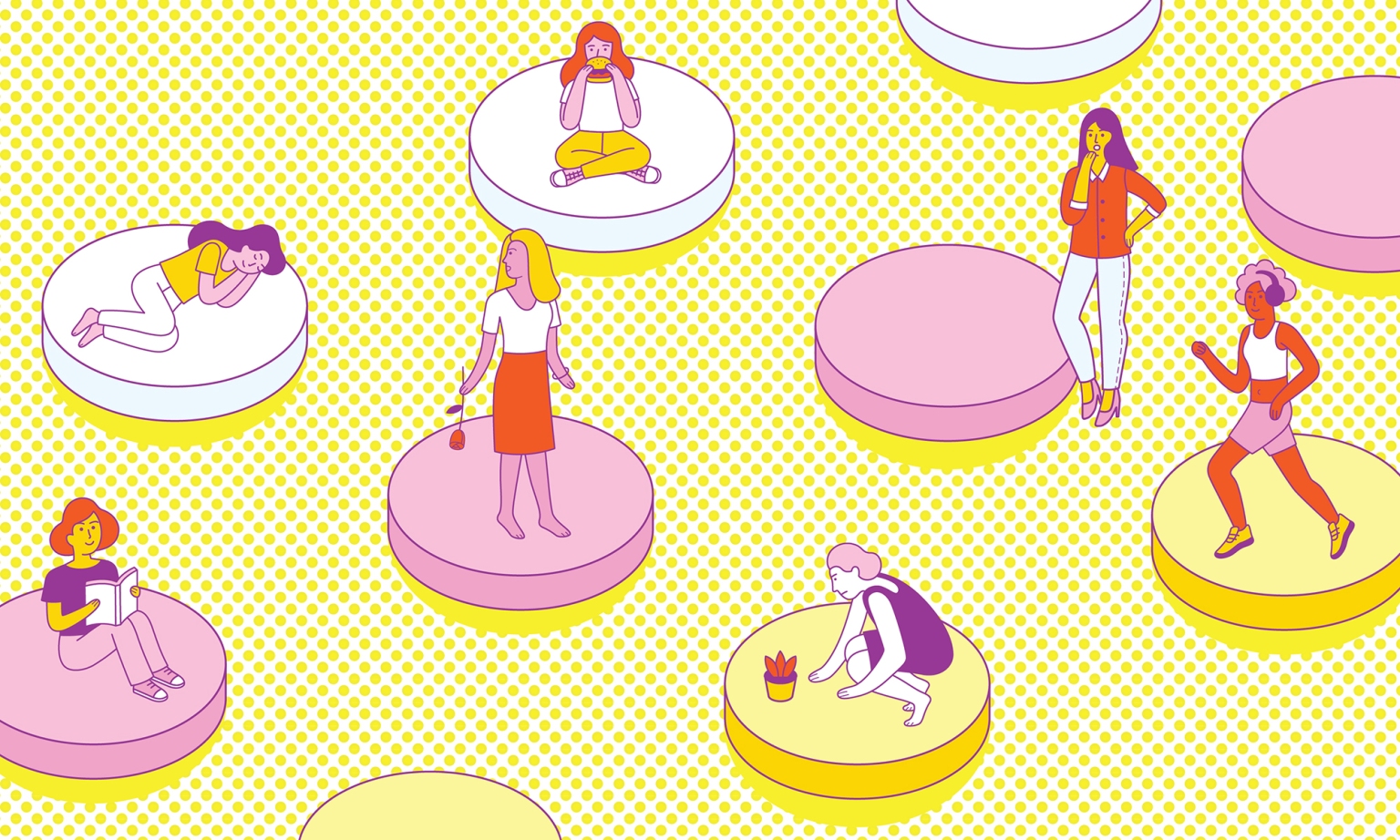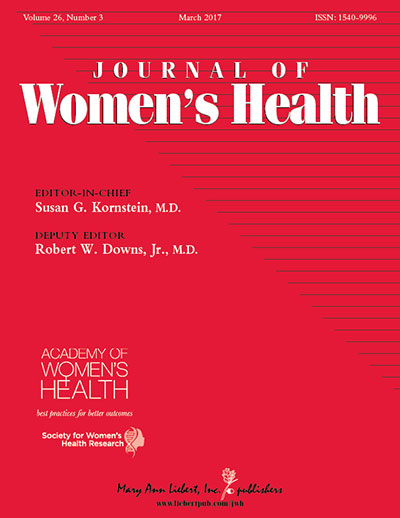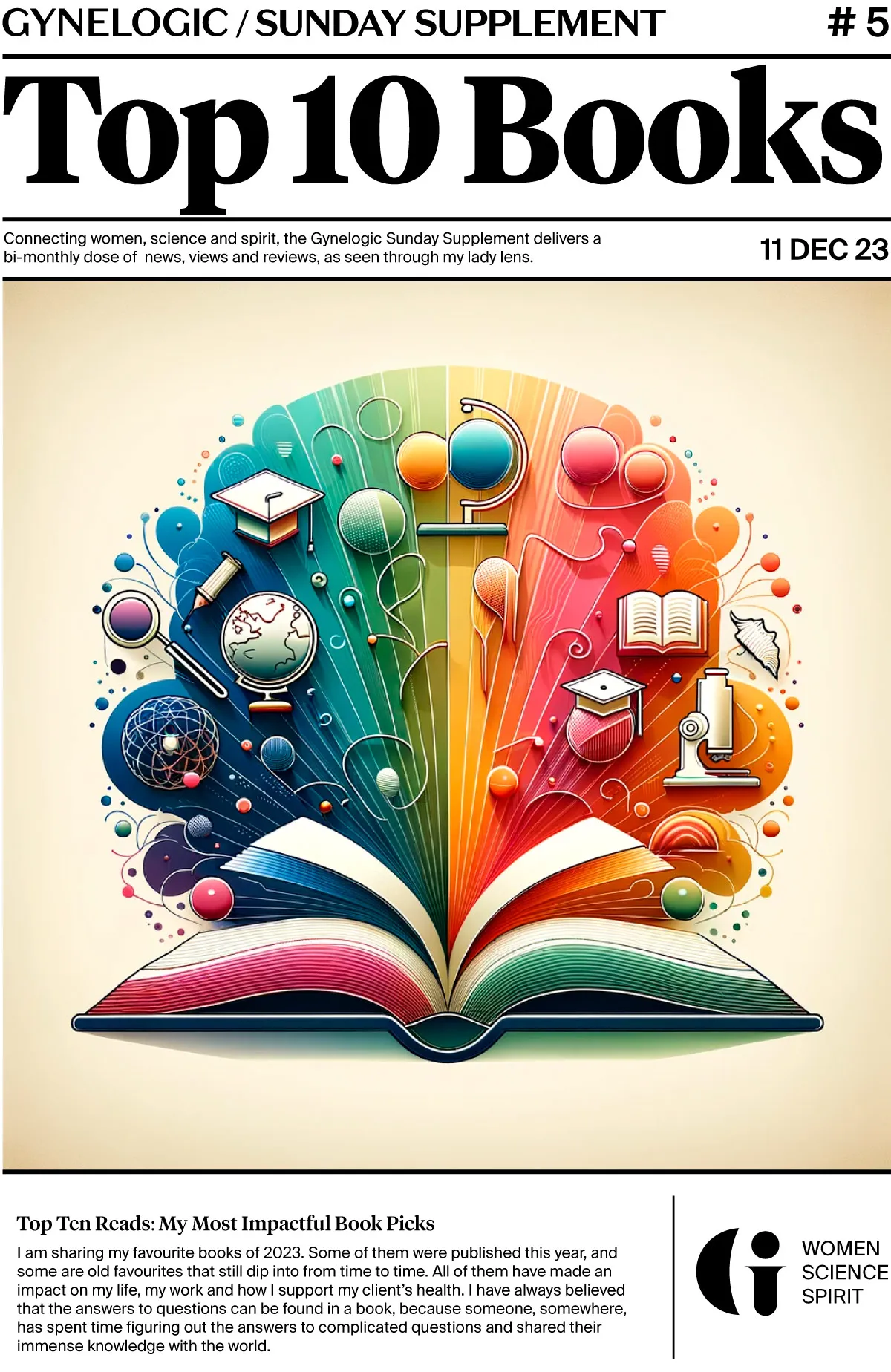Mood-related issues like anxiety and depression are super-common among women on the pill. Almost half of all women who go on the pill stop using it within the first year because of intolerable side effects, and the one most frequently cited is unpleasant changes in mood. Sometimes it’s intolerable anxiety; other times, it’s intolerable depression; or maybe both simultaneously. And even though some women’s doctors may tell them that those mood changes aren’t real or important, a growing body of research suggests otherwise.
… according to the research, you might have a greater risk of experiencing negative mood effects on the pill if:
- You have a history of depression or mental illness (although there is also evidence that the pill can stabilize mood in certain women with mental illness).
- You have a personal or family history of mood-related side effects on the birth control pill.
- You are taking progestin-only pills.
- You are using a non-oral product.
- You are taking multi-phasic pills (pills with an increasing dose of hormones across the cycle rather than a constant dose).
- You are 19 or younger.







